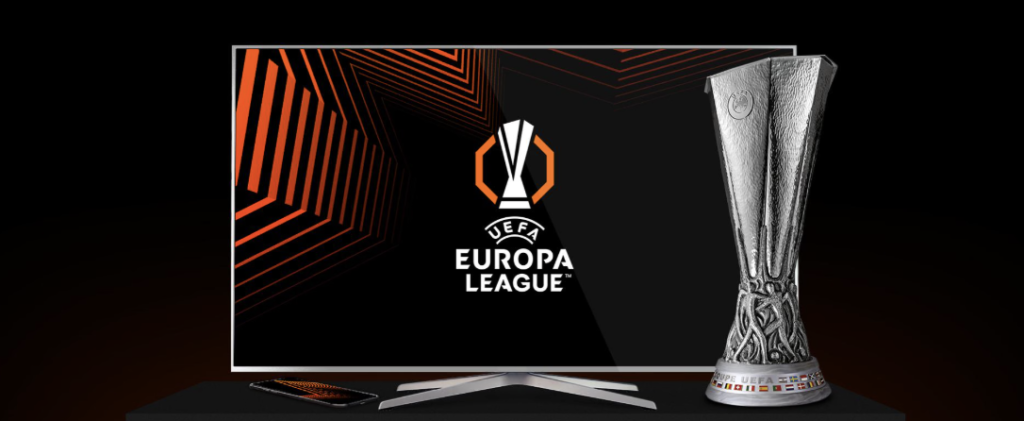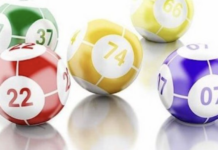
Few football experiences capture emotion, unpredictability, and heritage quite like the Europa League. While the Champions League might hold the glamour and spotlight, the Europa League carries a soul of its own — filled with tradition, diversity, and unforgettable nights. Whether you’re in the stadium surrounded by flares and chants or watching from your living room, Europa League evenings deliver something truly distinctive: an atmosphere that blends competition, culture, and collective spirit.
The thrill doesn’t come only from the goals or trophies but from the energy of the fans and the stories of clubs from every corner of Europe. Before diving into what makes these nights magical, it’s worth understanding how the Europa League earned its prestige and why its spirit remains alive in every match.
The Heritage and Significance of the Europa League
The Europa League traces its roots back to 1971 when it replaced the Inter-Cities Fairs Cup, becoming UEFA’s second-tier competition. Its purpose was to give emerging clubs a continental stage — a chance to challenge the giants while representing their cities with pride. Unlike the Champions League, which focuses on elite clubs, the Europa League celebrates variety — teams from Turkey, Scotland, Ukraine, or Portugal all sharing one stage.
This diversity is the foundation of its charm. The competition has seen historic underdogs rise — Sevilla’s dominance, Villarreal’s golden night, and Eintracht Frankfurt’s emotional run in 2022 — each story contributing to the tournament’s legacy. Fans embrace these moments because the Europa League symbolizes opportunity and resilience, traits deeply woven into football’s fabric.
Beyond Europe, fans from Asia, Africa, and the Americas tune in every week, drawn by its unpredictability. That global participation transforms the competition into more than just football — it becomes a cultural celebration.
Passion and Culture of Europa League Fans
Walk into any Europa League stadium and you’ll feel the difference. The passion is raw, the chants louder, and the emotion more personal. Fans of clubs like Galatasaray, Marseille, or Lazio don’t just watch; they participate. They bring flags, drums, and anthems that shake the terraces.
The sentiment system of the Europa League is uniquely inclusive — everyone feels part of a shared narrative. For supporters of smaller clubs, this tournament represents the pinnacle of European dreams. Their cheers echo not only for victory but for identity, pride, and belonging.
Even on television, this energy transcends screens. You can almost feel the electricity in the air, the camera trembling from the rhythm of thousands singing in unison. It’s not just sport; it’s culture in motion. And yet, the atmosphere differs drastically between being in the stadium and watching from home.
The Stadium Atmosphere vs. Home Viewing
Watching from the stands offers a sensory overload — the crowd’s chants vibrating through the air, the smell of smoke flares, and the unified roar after a goal. It’s an emotional immersion that no other experience replicates. Every fan becomes part of a living organism, moving, shouting, and feeling in sync.
By contrast, home viewing offers comfort, analysis, and control. You can see every replay, hear expert commentary, and pause at key moments. For many, it’s a ritual — gathering friends, snacks, and maybe wearing a jersey of their team.
Both experiences hold merit: one thrives on intensity, the other on intimacy. Yet, the gap between the two has narrowed thanks to advances in broadcasting technology that make the virtual experience more real than ever.
Technology Enhancing the Europa League Experience
Modern technology has revolutionized how fans experience football. Ultra-HD streaming, multi-angle replays, and immersive surround sound create near-stadium quality even in living rooms. VR (Virtual Reality) and AR (Augmented Reality) are the next frontiers, letting fans view matches as if sitting pitchside.
Broadcasters now use ambient microphones to capture crowd energy authentically, so you hear chants, referee whistles, and ball contact in rich detail. Meanwhile, mobile apps let fans follow stats, player heatmaps, and social reactions in real time.
This innovation doesn’t replace live experience—it amplifies it. It connects millions who might never visit a European stadium to the same heartbeat of excitement. That’s how technology builds global unity among fans.
Connecting Fans Around the World
One of the Europa League’s greatest strengths is its ability to connect fans worldwide. From pubs in Dublin to cafés in Bangkok, supporters gather to watch their teams under the same sky. Despite time zones and cultural differences, the emotion is identical: hope, nervousness, and euphoria.
This global connection showcases football’s universality. Fans in different languages still chant with the same rhythm. Online communities, live chats, and fan forums unite strangers through shared joy and heartbreak.
Attributes like passion, loyalty, and diversity define this network of fans. Some organize meet-ups and watch parties; others send virtual cheers through hashtags. It’s proof that football isn’t just played in stadiums—it’s lived everywhere.
Public Viewings and Local Watch Parties
Beyond screens and streams, public viewing events have become a core part of Europa League culture. In city squares, parks, and open-air bars, thousands gather around giant screens. When a goal is scored, strangers hug, beer flies through the air, and flags wave in celebration.
This communal experience mirrors the unity found inside stadiums. It blends energy, community, and shared emotion into one living pulse. Whether it’s Berlin’s fan parks or London’s pub scenes, these gatherings remind us that football is a collective celebration of spirit.
Semantic closeness terms like unity, energy, and community perfectly describe these moments. The joy is contagious — spreading from one voice to another until the whole crowd vibrates with the rhythm of the game. And nowhere is this energy more alive than on Europa League nights.
The Distinct Energy of Europa League Nights
There’s something mystical about Thursday nights under the floodlights. The atmosphere is different — more emotional, more unpredictable, and more inclusive. Fans know these games matter not only for trophies but for pride, for stories, for legacy.
The drama feels heightened. Late goals, penalty shootouts, and underdog comebacks define the Europa League’s identity. Commentators often say, “You can feel the magic in the air,” and they’re not wrong.
From the chants of “You’ll Never Walk Alone” echoing in Anfield to the red flares lighting up Belgrade, every city hosting a match adds its flavor to the narrative. The league becomes a cultural crossroad where passion meets tradition, and victory means more than just points — it’s personal validation.
For those who can’t attend live, however, the magic doesn’t have to end there. The same energy can be experienced through high-quality online streaming.
Extending the Excitement Through Online Streaming
Online streaming brings the Europa League’s pulse directly to your fingertips. With just a smartphone or laptop, fans can join the excitement from anywhere. Live chats, multi-camera views, and instant highlight replays make digital viewing more interactive than ever.
If you want to follow every Europa League fixture live, you can visit goaldaddy, where fixtures, analysis, and real-time coverage are available to enrich your viewing experience. Alternatively, for premium match quality and convenience, fans can enjoy live matches anytime via ดูบอลสด666.
These platforms ensure that distance never limits devotion. Whether you’re in Europe, Asia, or America, you can feel the same surge of emotion the moment a goal hits the net.
The Lasting Emotion of Europa League Football
Long after the final whistle blows, the feeling of Europa League nights lingers. It’s in the songs fans hum on their way home, in the replays shared online, and in the conversations that last for days. The tournament embodies football’s purest form — connection, resilience, and shared joy.
The Europa League reminds us that atmosphere is the beating heart of football. It’s not defined by money or prestige but by emotion — the electricity that lights up stadiums and screens alike. Whether you’re among 50,000 fans or watching alone at midnight, the feeling remains the same: unity through the love of the game.
In every cheer, every whistle, every heart-stopping moment, the Europa League continues to prove that football isn’t just a sport — it’s a language of passion spoken across continents.




